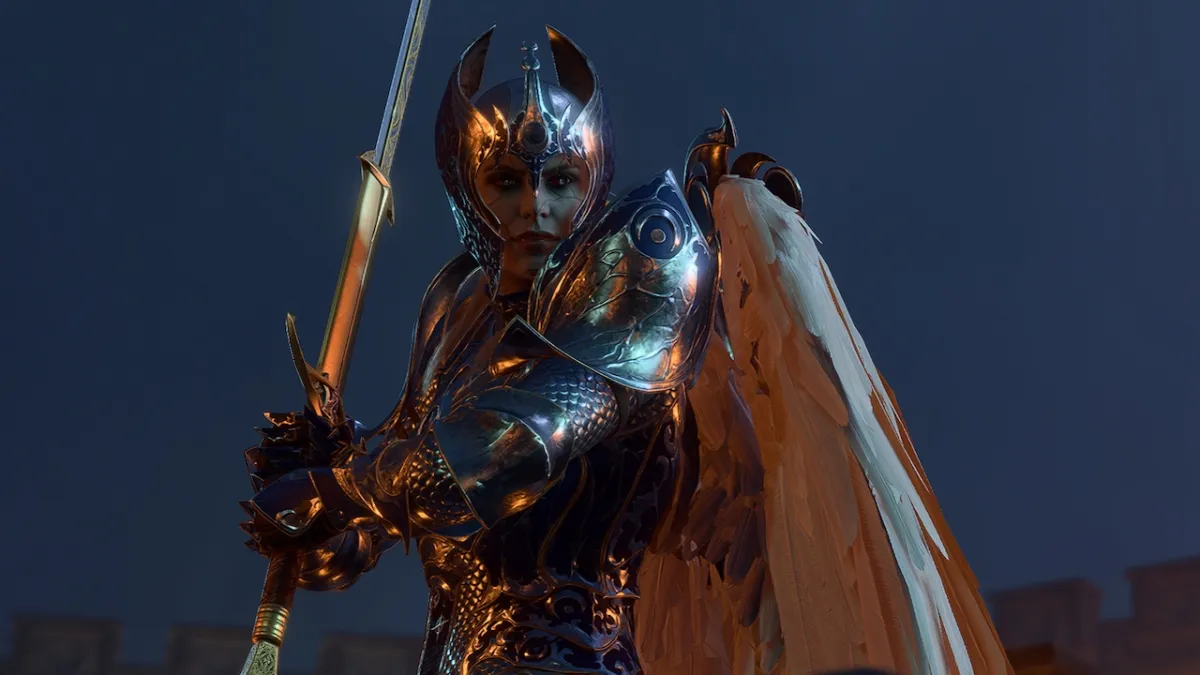With last Friday’s news that Sports Interactive’s Football Manager Live is now available to download, the genre may have taken its first tentative steps towards a new form. FM Live hints at a union of competitive browser-based management games like Xpert Eleven, fantasy football tournaments and classic single-player, stat-filled management titles.
It’s a relatively obvious progression – giving management-obsessed players the chance to pit their tactics against real people, rather than the vagaries of computer-controlled opponents (though, of course, computers will still be doing all of the mysterious background number-crunching). The technology now seems to be in place for this experience to be possible. Many have access to high-speed internet connections, systems powerful enough to cope with large databases of youth talent in Italian Serie C are commonplace and subscription-funded online gaming has been shown to be a viable business model. Whether FM Live will be an instant success, or simply a first step towards a new breed of management titles, remains to be seen; but it’s clear that the genre is attempting to evolve.
The Descent of Man(agers)
The genre began with Kevin Toms’ Football Manager, released in 1982 for an array of 8-bit systems. This was, if you’ll forgive the stretching of the analogy to breaking point, the crawling out of the primordial soup moment. In comparison with contemporary titles, it’s extremely basic. It features a few UK leagues, a rotating set of player names and simple numerical indications of whether a defender is a ‘1’ or perhaps a ‘4’. Indeed, the game itself most closely resembles a sort of mathematical puzzle whereby the aim is to shuffle your squad of players around in order to match/beat the AI opponent in the areas of defence, midfield and attack. Then it’s a case of sitting back and watching your players screw everything up on the stickman-based highlights. This, you may have spotted, is a highly reductive version of how football management games still operate – with just one set of statistics, rather than thousands. Toms’ game not only launched the genre, it set the tone for the next couple of decades.
Something Football Manager hadn’t really polished, however, was the actual interface. As it was programmed in the old BASIC language, all input was through text. Due to the limited graphical nature of the 8-bit systems (and, presumably, the desire to cram as much football related information into the games in preference to pretty icons), this stripped-down style of user interface continued throughout the 80s. The Boss (1984), The Double (1987) and Football Director (1986) all relied primarily on screens and screens of unbroken text superimposed over attractive green or turquoise backdrops. Lovely.
Tactical Innovation
Things got slightly more attractive in the 90s, but although Graham Taylor’s Soccer Challenge (1992) had a more accessible interface (including a fixtures diary and the now ubiquitous newspaper), players had to put up with a slightly unnerving graphical representation of the man himself on the loading screen. Two steps forward, one step back, there.
Nonetheless, things were changing. Several games were attempting varying degrees of innovation in order to breathe life into a genre which seemed to be getting increasingly bogged down in statistics. On The Ball World Cup Edition (1994) on the Amiga took a previously unheard of approach and limited the scope of the game (focusing on a single world cup campaign), opting to vastly expand the ‘human’ side of things instead. Players in On The Ball needed to be given little pep talks and guided away from potentially hazardous situations like a gigantic p**-up on the eve of a quarter final. They were people rather than mere numbers. All the stats and binary-crunching was relegated to the background as the game took more of an RPG/Adventure approach to football management.
Super League Manager (1995) built on this idea. Every team and player in SLM’s leagues was fictional. From a gaming perspective, this was absolutely tremendous – it was necessary to use skill and judgement to assess players, whose talents were described by short sentences instead of reams of stats. Unlike most management titles, there were no preconceptions, so it wasn’t possible to go shopping for ‘known’ youth talent. Every play through was a realistic struggle to lead your hopeless Folkford United squad to glory.
But although both On The Ball and Super League Manager were pushing the creative boundaries, they discovered that a lack of real teams and players poses a commercial problem for football management titles. All football games come with the baggage of needing to please their target audience – namely, actual football fans. In the same way that some find out of date team data unacceptable, not even including favourite teams and players can be a recipe for commercial disaster. This goes some way to explaining why the stat-free approach of Super League Manager, sadly, didn’t really catch on.
A more traditional title from the era, Ultimate Soccer Manager (1998) found more success. By this stage, management sims were firmly entrenched in the slightly baffling ‘click on the plant pot on your desk to bring up a list of the league’s top strikers’ era. Things like stadium design and training regimes were now commonplace too. What USM could bring, however, was a darker side of management; betting on your own team was a possibility, alongside taking dodgy backhanders for transfers. These are things which the real football authorities like to pretend do not exist, so it’s little surprise that we no longer see these options appear in modern, sponsorship-backed titles.
Big Four
Inevitably, when writing about football management games, Championship Manager has to be discussed. In truth, I somewhat missed out on Sports Interactive’s rise to fame as I was getting my fill of football from Sensible World of Soccer 96/97 (1996) for roughly ten years. The series began in 1992 and is now (even after a messy split from Eidos and a name-change to Football Manager) the default, go-to game in the genre for huge numbers of people.
So popular are the Championship/Football Manager games, they are now synonymous with jokes about lost sleep, lost matches and lost girlfriends. Snippets of mythology have grown around the series too, such as (possibly apocryphal) rumours about real clubs and managers using the game database to scout for talent. When a highly-rated youngster from the series turns up at a real world club, it has been known to generate real excitement amongst fans – though this is usually tempered after a game or so in which their binary-based world beater turns out to be rather average.
Comparatively early versions of the game such as the still-popular Championship Manager 01/02 contained huge amounts of national and international data, but still retained a certain amount of unpredictability. Weird, exciting things could occur, like Dennis Bergkamp suddenly deciding his life-long ambition had been to conclude his career playing for Grimsby Town. Clearly, this is not especially realistic – but the problem with a lot of ‘realism’ present in football is that it is almost always directly at odds with the sort of fun which makes games engrossing.
The latest incarnations of Football Manager are probably the most ‘realistic’ of all. Yet football, as a sport, is brutally unfair. So to recreate this realism, to accurately simulate the massive advantages of wealth and opportunity some teams have over others, is to remove some of the fantasy element of leading even a mid-table Premier League side to glory. In the real world it is now only possible for a handful of teams to win England’s top division. This, clearly, doesn’t make for a great gaming experience. To take on the role of a lower league manager in modern management titles is to accept you have next to no chance of progressing higher than a couple of divisions. Gone are the days of building up Kettering Town into a European Cup winning force. This is more realistic, certainly, but it poses a gaming dilemma: most well designed games don’t go out of their way to actively simulate an unfair environment to prevent players progressing. Football management sims almost have to.
Local Rivals
By combining management games with online play, perhaps this problem can be addressed to some degree. The genre has already progressed from basic user interfaces to … well, still fairly basic user interfaces, actually. But aspects like text commentary have improved and advanced through 2D top-down viewpoints to the current trend for adding 3D views of players’ finely honed tactics. Internet play should be the next big step. Players going head to head are not going to accept the sort of imbalances inevitably found in single player modes (where you may randomly get a 3rd round FA Cup tie against Chelsea and stand little chance as a lower league side). Some form of balancing will be required in order to ensure that one-on-one play is decided by clever spending of resources and deft strategy, rather than by mere virtue of one club having far easier access to much better players. Due to the nature of the genre, there will always be a trade off between the fantasy of being able to manage any club to glory and attempts to simulate the grim realities of the football world. By pushing the football management sim into the online realm, perhaps that middle ground between stark statistics and romantic daydreaming can be found.



